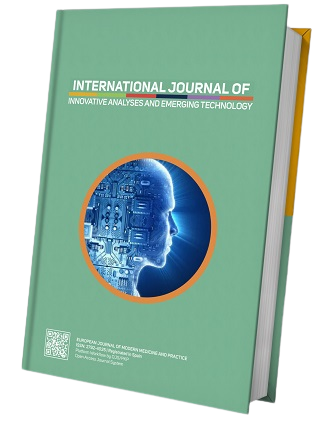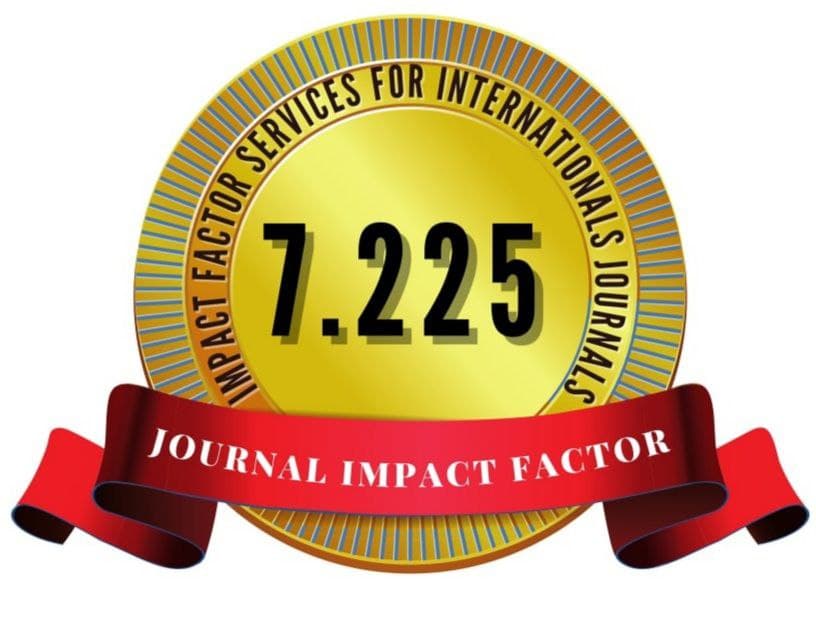Non-Owned Speeches as a Language Event
Keywords:
non-possessive adjectives, adjectives and adjectives, linguistic phenomena, speech activity, literary text, human factor, syntactic construction, syntactic figures, stylistic methodAbstract
This article discusses the interpretation of non-native quotations as a linguistic phenomenon. After all, speech activity is a unique manifestation of national-spiritual culture. Because in every nation, expressing opinions based on the norms of centuries-old speech culture is a delicate art. Language fully expresses its social functions in the process of communication. It is not only a means of communication, expression and transmission, influence, but also a means of collecting and storing spiritual knowledge of the conceptual worldview, the perception of objective reality. Man is the possessor not only of the language to which he belongs, but also of an individual way of perceiving a certain national-cultural mentality and reality. Language also reflects the mental, inner world, mental level, linguistic personality of a person. The human factor plays an important role in speech activity. It is a key figure in controlling mechanisms such as planning, realizing, and implementing the strategy of a speech movement. In the system-structural paradigm, the concept of the “human factor” is recognized in relation to the “ideal speaker in the same speech context” and is interpreted by the definition of the concept of “linguistic ability”. In the pragmatic linguistic paradigm, however, the concept of the "human factor" takes on a completely different meaning. In particular, the literary text, unlike other texts, assumes the task not only of conveying simple information to the listener, but also of influencing his psyche. This feature is manifested through various poetic means, syntactic figures in the literary text. One of the means of artistic representation that reveals the aesthetic function of a literary text, that enhances its effectiveness, is its own non-fiction.







